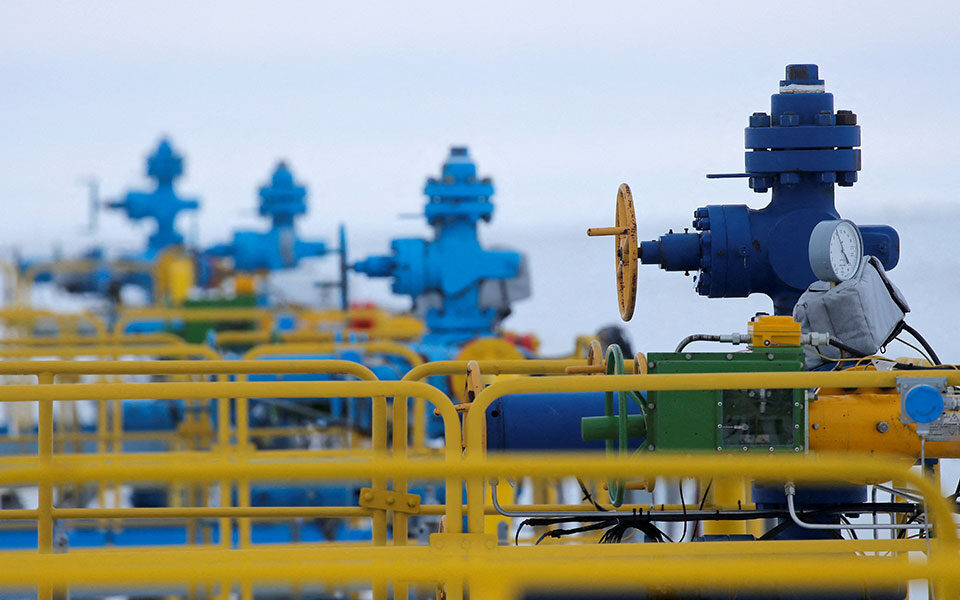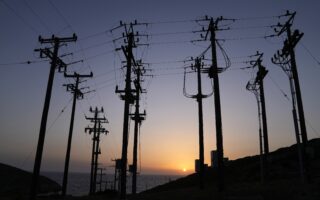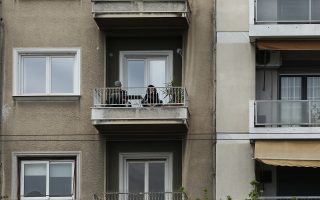Northern EU sees the light
Mood shifting toward an extensive intervention in the energy and electricity markets

The European Union is rushing to intervene in the electricity and energy markets to prevent a further price escalation, now that the crisis is threatening to destabilize the biggest European economies, especially the highly dependent on Russian gas Germany.
Those who loudly and with more than a hint of contempt pushed back on proposals by Greece and other southern European countries for a price ceiling on natural gas and the decoupling of gas prices from electricity rates, are now at the forefront of efforts for immediate intervention on exactly these issues, seven months late.
European Commission President Ursula von der Leyen made public Monday the EU’s intent for an “emergency intervention and a restructuring of the electricity market” and, on Tuesday, German Finance Minister Christian Lindner sent a message to his EU colleagues that Berlin was open to considering a price ceiling on natural gas in the emergency meeting of EU Energy Ministers on September 9.
Across Europe and at EU headquarters, in Brussels, officials are weighing the pros and cons of the price ceiling and the decoupling, proposals that Greece had first made, through Prime Minister Kyriakos Mitsotakis, in October 2021.
The task is to find the most effective mix of policies that will restore a certain equilibrium in the natural gas market and will lead to a price de-escalation. Moreover, these measures must be agreed upon by all 27 EU members.
In this complicated effort, Europe is certain that, whatever decision it takes, it will lead to a Russian reaction. Also, and independently of what it decides about natural gas, Russia will keep reducing flow, under a variety of pretexts, continuing a policy that begun with demands that it be paid in rubles and whose latest manifestation was Tuesday’s reducing of supply to France’s Engie.
The prevailing mood in the EU, while it assesses the effects of a likely total cut off in Russian gas to each member is that the EU must act quickly and intervene in the markets without ideological blinders. “We are at a point where no improvement is seen… we are not intervening on [something that works] but on these unreal prices we have seen in the past week,” a top official involved in the negotiations told Kathimerini.





